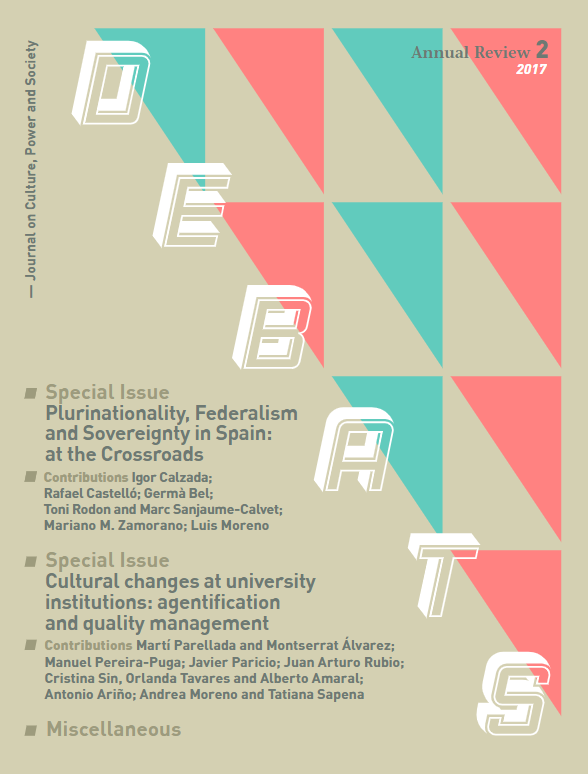Taking stock of changes in quality assurance in Portuguese higher education between 2007 and 2015
Resumen
This article documents the changes that occurred in Portugal after the adoption of the new higher education quality assurance framework in 2007. The most obvious results of the new higher education evaluation and accreditation agency’s actions can be observed primarily at the level of teaching‑program provision. Accreditation activities resulted in a 40% reduction in the supply of the courses on offer between 2009 and 2015 (Sin et al., 2016). This reduction was felt mainly in private institutions, which confirms that substandard programmes were more common in the private sector. Another consequence was that institutions started to take a more formal and systematic approach to quality by implementing internal quality assurance systems. These systems were driven by a logic of accountability rather than by genuine self‑reflection aiming to engage all those involved and which would have led to improvement. Therefore, it appears that most academics perceive internal quality assurance to have had negative effects on teaching and learning, mainly because of increased bureaucracy, while the positive effects are still perceived as being relatively modest.Descargas
Descargas
Publicado
Cómo citar
Número
Sección
Licencia
Sin perjuicio de lo dispuesto en el artículo 52 de la Ley 22/1987 de 11 de noviembre de Propiedad Intelectual, BOE del 17 de noviembre de 1987, y conforme al mismo, los autores o autoras ceden a título gratuito sus derechos de edición, publicación, distribución y venta sobre el artículo, para que sea publicado en Debats. Revista de cultura, poder y sociedad.
Debats. Revista de cultura, poder y sociedad se publica bajo el sistema de licencias Creative Commons según la modalidad «Reconocimiento - NoComercial (by-nc): Se permite la generación de obras derivadas siempre que no se haga un uso comercial. Tampoco se puede utilizar la obra original con finalidades comerciales».
Así, cuando el autor o autora envía su colaboración, acepta explícitamente esta cesión de derechos de edición y de publicación. Igualmente autoriza a Debats. Revista de cultura, poder y sociedad, la inclusión de su trabajo en un fascículo de la revista para que se pueda distribuir y vender.











